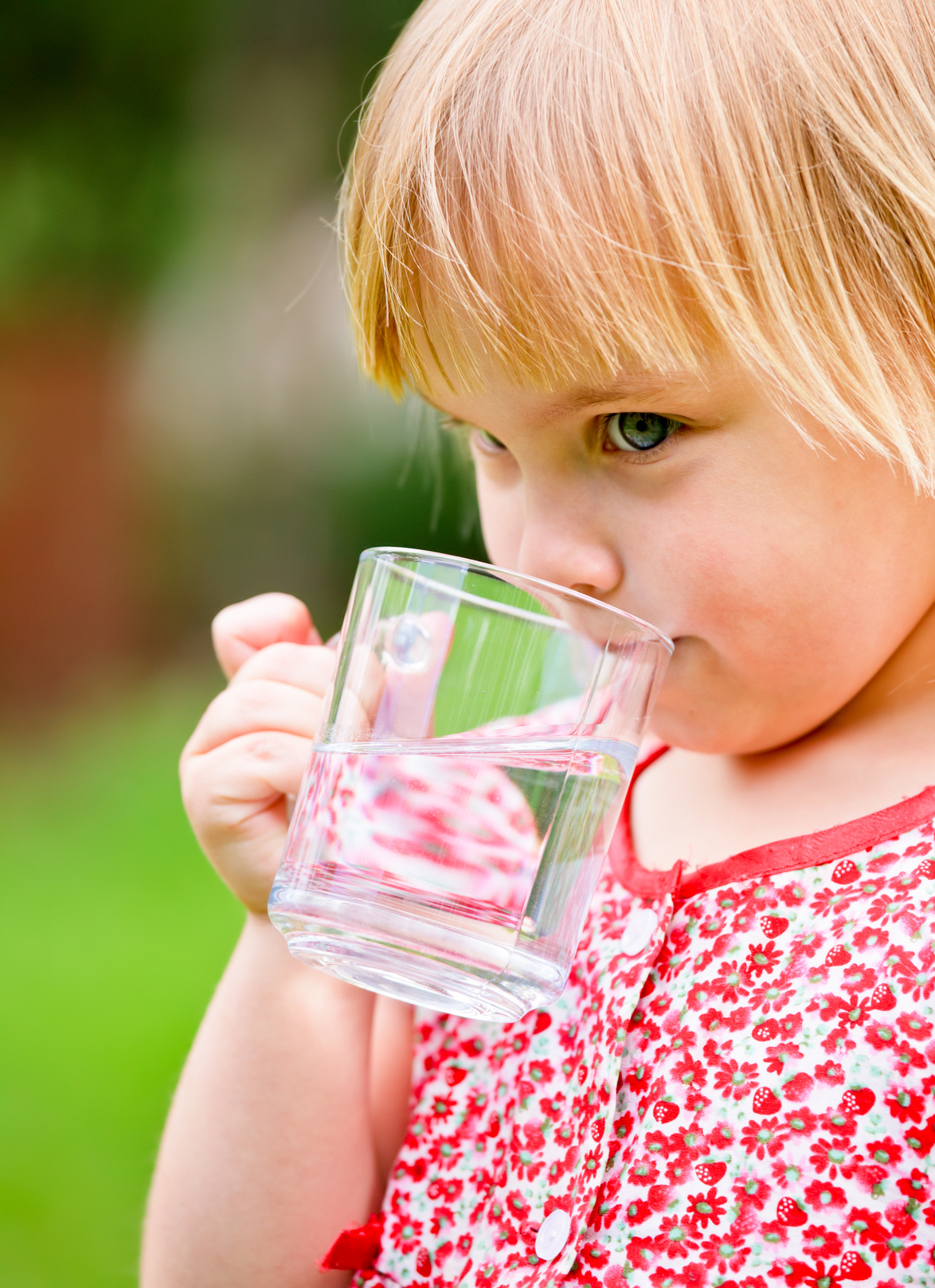Water is vital for the body and we can live only for three days without it. It not only keeps us alive by facilitating bodily functions, but also provides essential minerals to the body. Also, it helps maintain energy levels, promotes digestion and absorption of nutrients, sustains skin health, aids circulation, and much more. 
Normal water vis a vis distilled water
Normal water is full of minerals that are essential for the body. However, untreated water contains many disease-causing organisms that, if ingested, may cause serious illness. This is the reason why water, when supplied to homes and buildings, is chlorinated as chlorine kills all the bacteria and other harmful organisms contained in it.
Although chlorination gets rid of germs, it does nothing about other pollutants that may be present in the water. For this, a majority of households have a water filter or water purifier installed in their home. Thus, tap water is devoid of harmful bacteria and other organismsm, and also has the full complement of minerals.
Distilled water, on the other hand, is the purest form of water. It is produced by the process of distillation in which water is first boiled, and the steam produced is collected and condensed in the form of distilled water. This rids the water of harmful contaminants, including dissolved inorganic compounds, bacteria, and other pathogens, along with pollutants, like chemicals and suspended particles.
However, distillation also removes essential minerals, such as sodium, calcium and magnesium that are immensely important for a healthy body. This removal of contaminants and minerals make distilled water taste a bit flat and less flavorful then regular tap water.
Is distilled water fit for drinking?
Drinking water has been distilled from seawater for many centuries, and Alexander of Aphrodisias is one of the first to describe the distillation process in AD 200. Distillation also finds mention in Aristotle’s ‘Meteorologica’, and in the 1797 journal of Captain Israel Williams of the ‘Friendship’. The latter also spells out an improvised way to distill water.
The question whether water, devoid of essential minerals is fit for drinking, begs an answer. So, let’s review the pros and cons of distilled water:
Pros
- The process of distillation removes all kinds of bacteria, parasites and pathogens present in the water, thereby preventing water-borne diseases.
- Distillation also removes harmful chemicals present in water, such as insecticides, herbicides, organic and inorganic elements, heavy metals and even radioactive contaminants, thereby helping in maintaining good health.
- Distilled water bereft of contaminants helps avert future diseases and toxic accumulation. According to some sources, distilled water, when consumed, helps detoxify the body, resulting in improved health.
- Distilled water is a safe bet, primarily if you reside in areas where tap water is contaminated, that is, tainted with harmful pesticides and chemicals.
- Some people claim that distilled water is helpful for cleansing purposes since it can absorb and remove toxic substances.
- People drinking tap water get used to its chlorine taste. The distillation process will remove the chlorine from the water and gives it it’s distinct flat taste.
Cons
- Since the process of distillation removes minerals like calcium and magnesium, distilled water does not provide these to the body like tap water does. The body requires these minerals to function.
- Distilled water without minerals may lead to electrolyte imbalances in the body. To compensate for this deficiency, the distilled water can be re-mineralized by adding Himalayan or Celtic Sea salt. Consuming mineral-rich fruits and vegetables or multivitamins can also restore minerals to a large extent.
- Distilled water not only leaches minerals from the body but absorbs whatever substance it comes in contact with. So, storing it in a plastic container can potentially result in the absorption of harmful chemicals from the plastic, making it unsafe to drink.
- Some research maintains that distilled water removes minerals from the body through the process of leeching, since it does not contain its minerals, thereby putting health at risk. It pulls small amounts of such minerals from your body, including the teeth, leading to health problems.
- Distilled water is acidic, and it increases overall body acidity. Water needs to be of a slightly alkaline pH or with a neutral pH to prevent acidity.
- The process of distillation takes up to seven hours to produce distilled water.
Since the body requires at least two to two-and-a-half liters of water a day, it is crucial that the water is safe to drink. One option is to drink purified water, which is different from distilled water. Whereas distilled water has both the contaminants and minerals removed, purified water has only contaminants removed, but retains the minerals.











